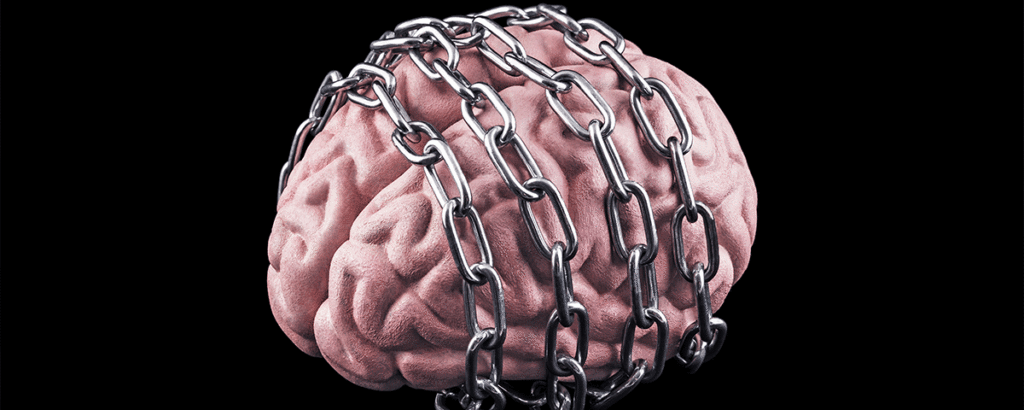
Addiction is a complex and deeply misunderstood condition. Often dismissed as a lack of willpower or a moral failing, addiction is, in reality, a chronic disease that affects the brain’s reward system, decision-making processes, and impulse control. Understanding the psychological aspects of addiction can help break the stigma surrounding it and lead to more compassionate and effective treatments.
The Brain’s Role in Addiction
The human brain is wired for pleasure and survival. Activities such as eating, socializing, and sex trigger the release of dopamine, a neurotransmitter responsible for feelings of pleasure and reinforcement. However, addictive substances and behaviors—such as drugs, alcohol, gambling, and even compulsive internet use—hijack this reward system by flooding the brain with excessive dopamine. Over time, the brain adapts by reducing its natural dopamine production, leading to dependence on the substance or behavior to experience pleasure or even feel normal.
The Psychological Cycle of Addiction
Addiction is not merely physical dependence; it involves a psychological cycle that keeps individuals trapped. This cycle often follows these stages:
- Initial Use – A person may try a substance or engage in a behavior out of curiosity, peer pressure, or as a way to cope with stress or trauma.
- Increased Use – The pleasurable effects lead to repeated use, and the person begins to rely on it to manage emotions or situations.
- Tolerance – The brain becomes less responsive, requiring larger amounts to achieve the same effect.
- Dependence – The body and mind adapt, leading to cravings and withdrawal symptoms when the substance or behavior is absent.
- Addiction – Despite negative consequences, the person continues to use due to changes in brain function, emotional dependence, and compulsive behavior.
- Relapse and Recovery – Many people struggle with relapse due to stress, environmental triggers, and emotional distress. However, with the right support and treatment, recovery is possible.
Psychological Factors Contributing to Addiction
Several psychological factors can make a person more susceptible to addiction:
- Trauma and Stress – Past trauma, such as childhood abuse, neglect, or severe stress, can lead individuals to seek relief through substance use.
- Mental Health Disorders – Conditions such as depression, anxiety, and PTSD often co-occur with addiction, as individuals attempt to self-medicate their symptoms.
- Genetics and Environment – A family history of addiction, combined with environmental factors such as peer pressure and availability, can increase the risk.
- Personality Traits – Impulsivity, low self-esteem, and a tendency toward thrill-seeking can contribute to addiction.
Breaking Free: The Path to Recovery
Understanding addiction as a disease rather than a moral weakness is essential for effective treatment. Therapy, medication-assisted treatment (MAT), and support groups like Alcoholics Anonymous (AA) or Narcotics Anonymous (NA) can provide crucial help. Cognitive-behavioral therapy (CBT) is particularly effective in addressing the thought patterns that drive addiction.
Ultimately, addiction is a battle that requires compassion, support, and evidence-based treatment. By understanding the psychology behind addiction, we can foster a more supportive society where recovery is possible for everyone.
